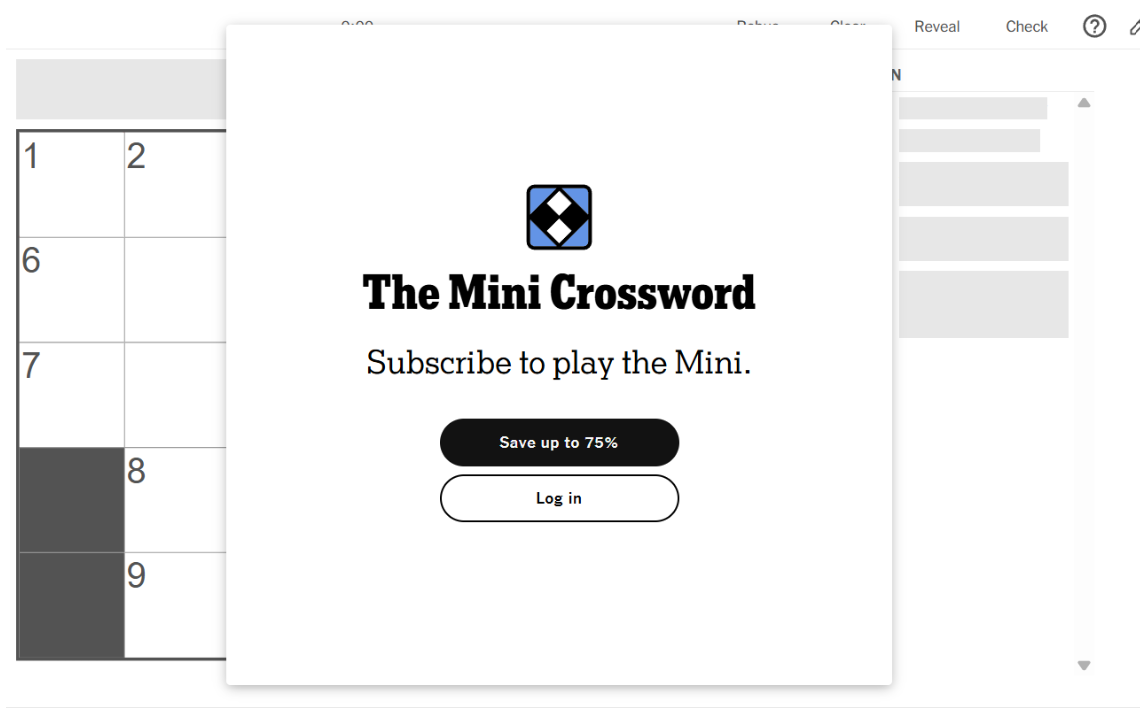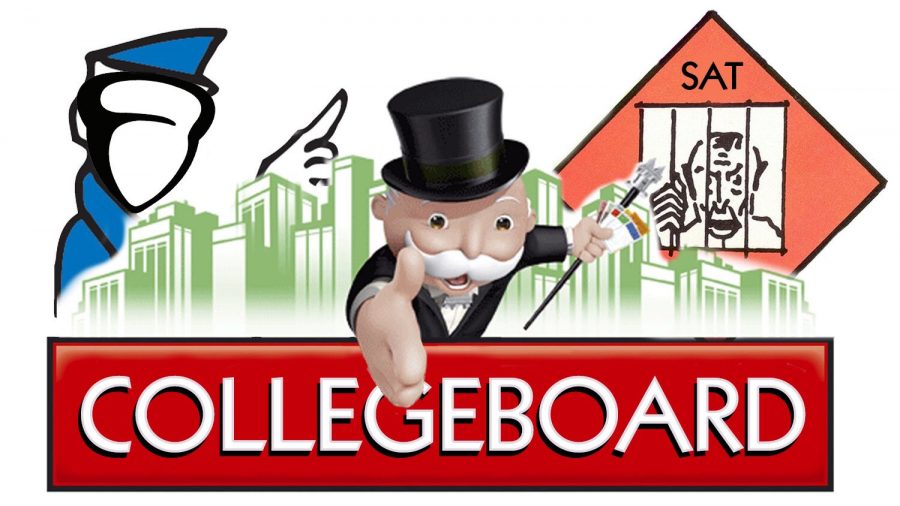Previously published December 4, 2021.
Disclaimer: Please acknowledge that these are views shared by the authors of this editorial and are not representative of the opinions held by BASIS Independent Silicon Valley faculty or student body.
With the SAT and PSAT tests over, many of our older Bobcats are exhausted after weeks of rigorous studying. With these events fresh in our minds, the Quill has prepared a little survey for our peers. Here are the results from that survey.
Regarding the amount of pressure felt going into the test, 35.3% of our respondents felt significant stress, 47.1% felt a moderate amount, and 17.6% felt little to none. Although 70.6% of the sample said they felt prepared, the consensus was that the test caused a considerable amount of anxiety.
So where do these tests come from? The SAT and PSAT are written and administered by the College Board, an American nonprofit established in 1899 that provides aptitude tests for students. With complete control over industry pricing , the College Board dominates the education market as a tyrannical monopoly. The organization, classified as a nonprofit, also receives federal tax exemption despite the fact that it brought in $1,313,429,461 according to its most recent revenue report. Through their hefty exam fees (ranging from $90-100) and millions of test takers, the College Board is fully capable of earning ten figures in revenue.
Students and professionals alike have their qualms about the College Board, and it’s not only because it’s a nonprofit raking in billions of dollars. A considerable number of students taking the tests offered by the company cannot afford proper preparation for them. As BISV students, we may be familiar with tiresome workbooks and rigorous tutoring sessions. However, many students go to public schools where neither the institute nor the College Board actively prepares kids for these influential tests. It costs thousands of dollars to launch an AP course, and this is excluding salaries and maintaining classrooms, which is why you will find far more APs offered at private schools. Additionally, the College Board does nothing financially to help students who are preparing for their demanding tests. As a nonprofit, they should be doing so much more for students with their trillions of dollars, yet they continue to demand ~$70 per exam while advertising these assessments as crucial to success. The College Board has an entire page dedicated to listing the benefits of investing in their services, many of them stating that their material helps encourage “productive practice.” Yet the concept of the SAT should be to measure what you already know, not what you rigorously study.
But there shouldn’t be a problem with minimal preparation if standardized tests are, you know, standardized, right? Well, 61.1% of our survey takers agreed that the questions and formatting on standardized tests are designed to trick students. 66.7% answered that standardized testing is bad, and we received several additional comments stating that the tests do not measure important skills since questions are purposely made to make students doubt their knowledge. Just by looking at the word ‘standardized’ itself, one would think it wouldn’t require weeks or months of rigorous preparation. Yet, our peers who just took the SATs and PSATs felt exactly the opposite. To quote one student we interviewed: “The fact that it’s supposed to be ‘standardized testing’ testing you on stuff you know but you still need to study for is beyond me.”
In response to much outrage regarding the nature of the College Board tests, the UC system is planning to completely phase out the SAT and ACT by 2025 following a lawsuit in 2019, and plans on going completely test blind for the next few years. Without such stressful tests haunting students in the future, perhaps students can better spend their time on extracurricular activities or self-study: aspects just as important to colleges.

This morally bankrupt business profits from the stress of students – students who are of the age when hormonal imbalances in their brains can exacerbate stress and anxiety and all sorts of mental issues. These are KIDS who just want a good future, and CollegeBoard turns these children against each other in a scramble-to-the-top style system of standardized tests… for what? For money. They can call themselves a nonprofit all they want; we all know their CEO is swimming in cash from exploiting young students’ desires to feel accomplished.

















![Teacher [Milk] Tea: Part 2](https://bisvquill.com/wp-content/uploads/2024/03/Screen-Shot-2024-03-19-at-9.28.48-PM.png)

































